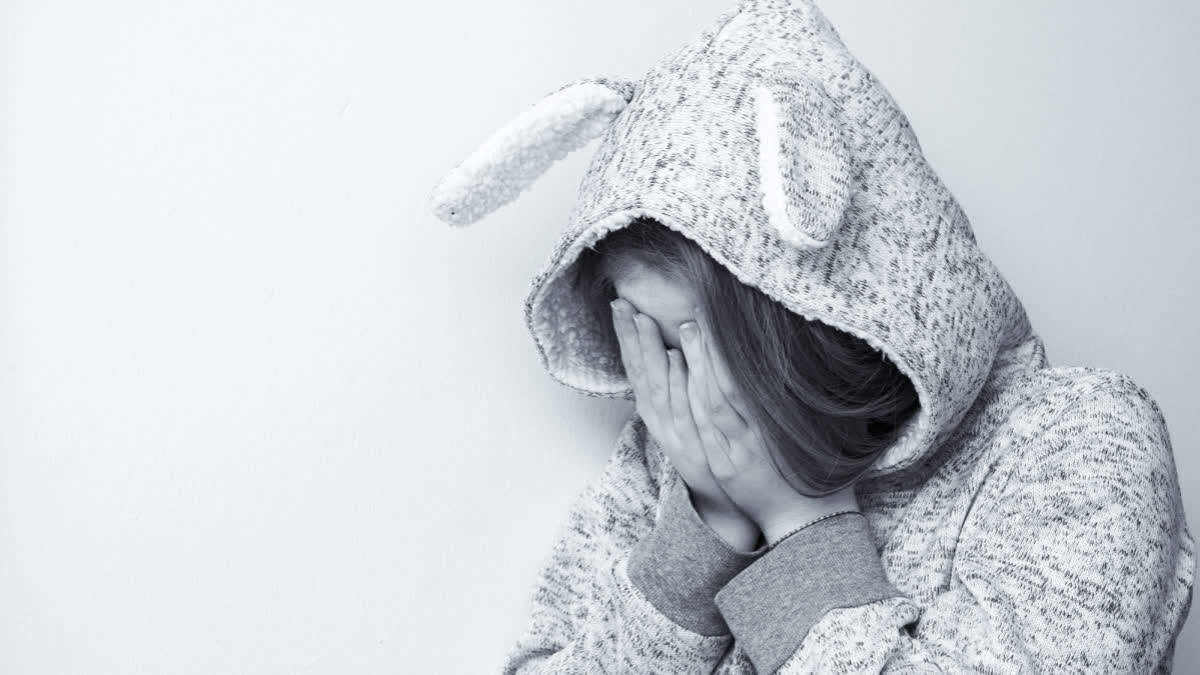Sydney: Headlines that say using social media is safe bring tangible sighs of relief from parents worldwide. But such headlines might be too simplistic. Research reveals a more nuanced picture when it comes to teenagers, social media and anxiety.
A recent paper has found that FOMO or fear of missing out is linked to whether teens find using social media increases their anxiety or relieves it. There's been a rise in anxiety levels in recent years and one study sought to understand this through a focus on FOMO.
FOMO is anxiety about being excluded from shared enjoyable experiences. It's experienced by 50 percent of adolescents. A large portion of life is now online, so parents and teens need to make decisions about how many devices they should have, what rules should surround them in the home, which devices should host social media and which apps should be used.
The apps available are like the nutrients a person may choose to consume. The research looked at the impact of social media use on anxiety symptoms in 951 Australian teenagers at six schools. The survey found that for 11 percent of teens, using social media frequently was associated with more anxiety and using it less came with less anxiety.
These were students who said they had high FOMO and reacted badly to information about their friends' activities, observing conversations and feared being excluded from activities. They might not have connected with safe and non-toxic groups. It's possible these students do not mind when their use is restricted and some choose to use social media less because they can clearly see how it affects them.
By contrast, students who said they weren't affected by FOMO 54 per cent of respondents showed stronger anxiety symptoms if they used social media less. These students might be relying on social media for connection and to manage normal feelings of anxiety.
These are the students who might complain loudly if their use is restricted. They are likely to need validation more often from comments and contact with 'friends' and might have forgotten how to support themselves offline. The data suggested that only 35 per cent of students had no association between the frequency of their social media use and reports of anxiety.
These students had what could be described as a normal and healthy degree of FOMO. They want to belong, but are not obsessed by that need and have hopefully balanced their 'nutritional intake' of offline and online activities.
Australian researchers found that fear of missing out changes the effect social media has on teens.
